Can You Be Pro-Black and Date White? Lessons from Nikki Giovanni on Survival and Love
Why survival, love, and self-preservation are not betrayals of Blackness.
Why Clarifying Black Activist Love, Survival, and Choice Was Necessary
When I first wrote about this, many understood immediately. But many more were incensed—grappling with their discomfort at my observations as someone who has lived, witnessed, and documented these tensions firsthand. My threads have surfaced again and new people are still confused in 280 characters.
I have had long, intimate conversations with some of the most prominent Black activists—those whose lives and survival strategies the public often misinterprets. They allowed me to ask questions, to sit with their truths, and to understand—not to judge.
This knowledge is not theoretical. It comes from interviews, lived observation, and the honor of being trusted with their realities.
After more than a million interactions across platforms, I realized what was always clear to those who trusted me: love, survival, and the politics of Blackness are not binaries. They are layered, messy, and human.
Today, I want to expand on what I first shared—for those ready to sit with the full reality, without projection, deflection, or the demand for easy answers.
Interracial Relationships and the Pro-Black Identity: A Complex Intersection
When I first wrote publicly about interracial relationships and Black activism—particularly invoking Nikki Giovanni's life—many understood my points immediately. But many more reacted with confusion, anger, and personal projection.
For some, the idea that a deeply committed Black activist could choose to love across racial lines felt like a betrayal of Blackness itself. They collapsed survival choices, emotional safety, and political commitment into a binary: either you are wholly and visibly committed to Blackness at all times, or you have abandoned it.
This false binary does not survive closer scrutiny.
Activists like Nikki Giovanni faced—and still face—scrutiny that ignores the emotional cost of the work they do. Her decision to love and live authentically was not a rejection of Blackness; it was an act of survival and self-preservation in a world that demands endless labor from Black women but offers little protection or care in return.
The backlash I received underscored exactly why these conversations must be had more carefully. Too many people project unresolved trauma onto public figures without understanding the full emotional landscapes they navigate.
Love, survival, and political commitment are layered, not oppositional.
Living fully while Black in a world structured against you is itself a political act.
And finding refuge—whether inside or outside of the Black community—is often about securing one's emotional survival, not escaping one's Blackness.
Nikki Giovanni’s legacy reminds us:
The price of Black activism is high. Loving oneself enough to survive that cost is not a betrayal—it is resistance.
The Emotional Toll of Activism: Balancing Commitment and Self-Care
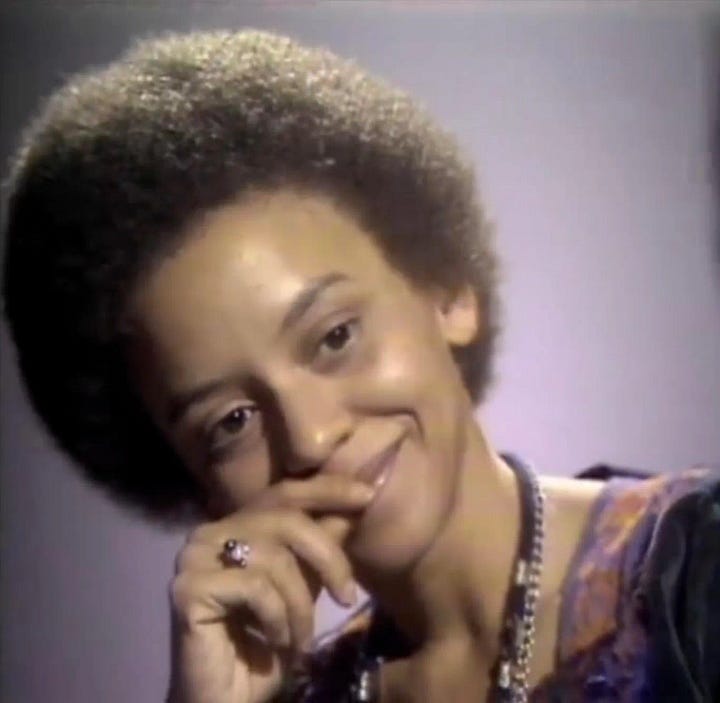
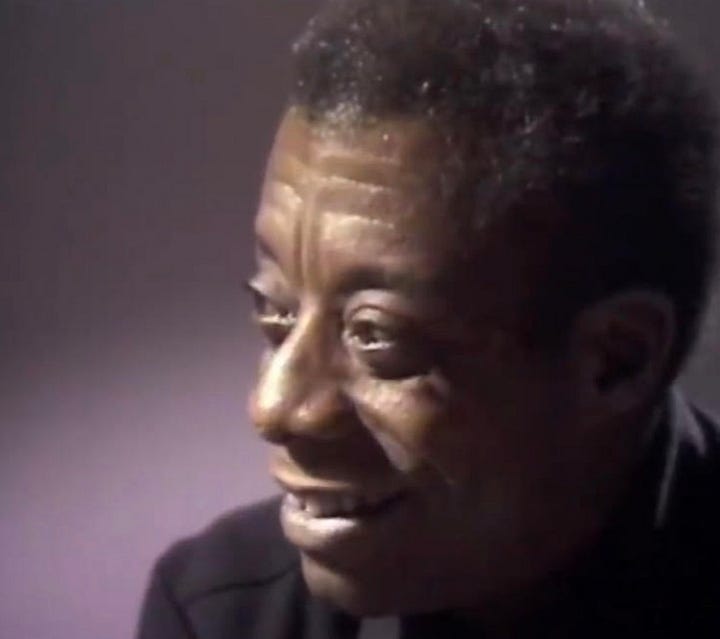
I often reflect on an old revolutionary proverb:
"When you fight for Africans, keep one hand free."
The emotional burden activists carry is profound.
It is not just the visible labor of organizing rallies or giving speeches.
It is the unseen, daily weight of:
fighting systemic oppression,
educating communities that often resist being educated,
resisting relentless dehumanization,
and enduring betrayal—even from within the very communities they fight to protect.
Activism demands everything: time, energy, emotional capacity, and even personal safety. It hollows you out if you are not careful.
Many of us carry these costs privately, silently, long after the applause ends.
And the sacrifices are not theoretical—they cost activists their relationships, mental health, and stability.
Fighting for collective liberation often comes at the expense of personal peace. That is why many activists must, at times, seek emotional safety outside the spaces they serve.
It is not an abandonment of the cause.
It is a strategy for survival for many.
Navigating Internalized Harm Within Black Communities
The closer you are to Blackness, the closer you are to the harm colonialism left behind.
Activism within Black communities often means confronting not only external oppression but also the deep, internalized scars colonialism imprinted across generations.
Unhealed trauma, colorism, anti-Blackness, and abandonment wounds resurface inside the very spaces meant to protect us.
Activists often find themselves hurt most by the very people they aim to uplift.
It is a wound few speak about publicly because the betrayal cuts deeper when it comes from your own.
Intracommunal harm mirrors systemic oppression in devastatingly personal ways:
gaslighting,
isolation,
extraction of labor without support,
projection of unhealed pain onto those fighting hardest for liberation.
The burden isn't just fighting external systems.
It’s surviving the internal wounds those systems left behind.
Dual Battles: Confronting External Racism and Internal Community Struggles
Black activists carry two wars simultaneously:
The external war against systemic racism.
The internal war against community wounds.
Fighting systemic injustice is already a brutal, exhausting task.
But fighting while also absorbing the fractures, projections, and unresolved traumas from your own community creates a second, quieter battlefield—one often hidden from public view.
There is a specific kind of loneliness that comes from carrying harm both inside and outside your own house:
Being celebrated publicly while privately abandoned, or being called on for labor but discarded when your humanity becomes inconvenient.
Activists are not immune to the wounds of their communities.
They are often the first to be wounded, simply because they stand closest.
And that shapes how activists choose to survive, love, and protect themselves. Survival is not just about outlasting external violence.
It is about safeguarding your spirit from internal collapse.
Choosing Survival: Understanding Love Beyond Racial Boundaries
I am writing this not to justify anyone’s choices to an audience that demands purity, but to affirm what I have learned personally through lived experience: survival—whether through reflective or expansive love—is sacred. I am no longer willing to explain Black survival strategies for those who refuse to do their own work.
Choosing a non-Black partner does not erase a Black activist’s commitment to Blackness. It is often an act of survival—a refusal to become a martyr in spaces where emotional extraction is normalized.
Activists are often expected to give endlessly while receiving little in return. Some choose emotional safety where it is available, even outside of racial sameness.
Survival sometimes means:
Seeking relationships where constant education is not required,
Where one’s humanity is not questioned,
Where emotional labor is not extracted as a condition of being loved.
Love and harm can coexist. Survival is not betrayal.
Choosing peace is not abandoning the struggle—it is resistance against the expectation that Black activists must sacrifice themselves on every battlefield, including their most intimate ones
The Spectrum of Black Love: Reflection vs. Expansiveness
Before moving forward, it’s necessary to name what many misunderstand:
Black love is not monolithic.
It moves across a spectrum shaped by two equally valid survival strategies:
Reflection in Love
Expansiveness in Love
Many Black people find healing through reflection:
Choosing partners who share their identity, culture, and lived experience.
Creating spaces of immediate recognition and safety.
Others live expansive love:
Choosing partners across racial or ethnic lines,
Rooted in unshakeable self-love and pride,
Where Blackness is not contingent on the partner’s identity but affirmed by the self.
Both reflection and expansiveness are valid.
Both emerge from a deep understanding of survival, dignity, and healing.
Critiquing one while glorifying the other flattens the full range of Black humanity.
We must honor the different ways Black love survives—not just the ways that fit public expectation.
Reflective Love: Seeking Safety in Shared Cultural Identity
Reflection in love is a survival response.
In a world that consistently devalues Blackness, coming home to someone who shares your cultural understanding, your lived experience, and your history creates a sanctuary.
It eliminates the need for footnotes or endless explanations.
It lets Black people exist fully, be seen, and be loved without translation.
Reflection in love is about:
Healing without needing to narrate your pain.
Being protected without having to first explain the danger.
Affirming your humanity without it being debated.
This form of love is rooted in survival, safety, and recognition.
It is a sacred, valid, and necessary path for many.
Choosing reflection is not about exclusion—it is about preserving one’s peace in a world intent on disturbing it.

Expansive Love: Embracing Self-Worth Beyond Racial Lines
Expansive love is a survival strategy grounded in self-anchored pride.
It means:
Your Blackness is not conditional.
Your worth is not up for negotiation.
Your joy is not dependent on being reflected, but carried internally wherever you go.
Expansive love is not "colorblind" or naive. It is a profound anchoring in Blackness—built on self-knowledge, pride without performance, and a refusal to let proximity to whiteness—or any identity—define your value.
It is love from a place of abundance, not scarcity. It says:
I am Black everywhere. Whoever stands beside me must recognize it without being the source of it.
Validating Diverse Expressions of Black Love
In the aftermath of colonialism and white supremacy, there is no single model of survival.
There is no singular way to love while Black.
Both reflection-based and expansive approaches to love are valid.
Both honor different needs, different wounds, and different routes to healing:
Reflection in love provides immediate sanctuary, cultural mirroring, and relief from constant explanation.
Expansiveness in love flows from radical self-anchoring, where Blackness is a given, not a performance.
Neither path cancels the other.
Neither is a betrayal of Blackness.
Both are responses to different survival needs—and both deserve respect.
The critical question is not who someone loves, but how they love:
Is the relationship rooted in healing, not harm?
In self-awareness, not self-negation?
In pride, not proximity to whiteness?
Dignity in love is not about optics—it is about survival, wholeness, and truth.
Upholding the Commitment to Black Love in Modern Times
Despite the realities that drive some toward expansive love, many Black people—particularly activists, Queer Black folks, and those committed to community healing—still intentionally pursue Black love.
It is not a rejection of expansive love.
It is a conscious commitment to:
Healing alongside someone who shares their cultural and historical burdens,
Building relational ecosystems rooted in mutual recognition and cultural continuity,
Reaffirming Black humanity daily without translation or compromise.
But — and this distinction is crucial —
Black love must be healing-focused, not performative.
Choosing a Black partner is not inherently righteous if the relationship replicates violence, anti-Blackness, or emotional extraction.
It is the quality of the love, not the aesthetics, that determines whether it serves survival and wholeness.
Black love is sacred.
But sacredness requires safety.
Without healing, even Black-on-Black love can become another battlefield.
Nikki Giovanni’s Legacy: Embracing Authenticity Over Respectability
Nikki Giovanni lived her politics not just through her words—but through her refusal to abandon her own survival.
She loved fiercely, fully, and where she found safety.
She chose tenderness where the world demanded she become steel.
She embodied a truth many still struggle to accept:
Survival itself is an act of radical defiance.
Nikki’s choices remind us:
Respectability politics are irrelevant to liberation.
Approval from wounded audiences is not the goal.
Survival, joy, and love on her own terms were—and remain—revolutionary acts.
We honor her not by reducing her to our comfort, or by holding her to standards born of our own wounds.
We honor her by recognizing that living fully, loving expansively or reflectively, and prioritizing emotional safety is an extension of Black resistance, not a retreat from it.
True honoring means understanding that survival is sacred—and so is choosing to love, despite it all.
Ownership of Healing: Avoiding Projection onto Black Activists
Whenever survival strategies—especially expansive ones—are discussed, they trigger unresolved wounds in some readers. That is understandable. But it is not the responsibility of Black activists, survivors, or thinkers to carry the projections of those unwilling to do their own healing.
Your trauma is valid.
Your healing is your responsibility.
It is not activism’s job—or Nikki Giovanni’s legacy—to soothe abandonment wounds, correct internalized anti-Blackness, or architect closure for wounds they did not cause.
Projection is not critique. It is a wound seeking a target.
Many of the harshest criticisms of expansive or nontraditional Black love arise not from genuine political analysis, but from personal fears of abandonment, grief over internalized anti-Blackness, and longing for external validation. Those feelings are real. But they are not universal truths—and they are not mandates others must answer to.
Personal work cannot be outsourced. The labor of healing must happen internally, individually, with care and accountability.
To expect Black activists—especially those who have already survived so much—to carry your projections is to reenact the very extraction that activism tries to dismantle.
Do your own work. Own your own healing.
Honor the labor others have already done without demanding more from them.
Final Thoughts: Embracing Survival as a Sacred Act
You can love Blackness deeply. You can fight for Black liberation with your entire being. And you can still seek emotional refuge where you are seen, valued, and protected. Survival is sacred.
Sometimes, survival looks like loving a Black partner who understands you without translation. Other times, it looks like loving expansively, anchored in unshakable Black pride. Both paths deserve dignity. Both are legitimate.
I do not care personally which path anyone chooses—reflection or expansiveness. What matters is whether your love nourishes you, protects you, and honors your humanity.
I will not contort survival into something palatable for public consumption. I will not sacrifice the emotional safety of Black activists—myself included—at the altar of someone else's projections, unhealed wounds, or aesthetic demands.
The truth is simple: people who do not feed you, fund you, or love you meaningfully have no rightful claim to disappointment in your choices. Healing is personal. Survival is non-negotiable.
Honor yourself the way Nikki Giovanni honored herself: by surviving, by loving, by living. There is no monolithic Black experience. There is no singular model for Black love. There is no purity test for how Black joy and survival should look.
Some will find home in reflection. Some will find home in expansiveness. Both are Black. Both are sacred. Both are ours.
Honor your Blackness. Honor your healing. Honor those who fought for your right to choose love—and to survive on your own terms. And above all, honor those who lived, loved, and endured so that these conversations could exist at all.
As I reflected on these themes, I made the personal decision to step back from public activism. The cumulative stressors had taken their toll, and I chose to prioritize my well-being.
Amid all the projections and anger, very few noticed what I actually said:
I was leaving public activism to focus on survival—to build love, especially Black love, without the constant extraction.
My decision was not a retreat from commitment. It was a reclamation of my right to live fully, to love intentionally, and to heal openly—without being demanded, consumed, or explained away.
Below, I share my personal farewell from back then.
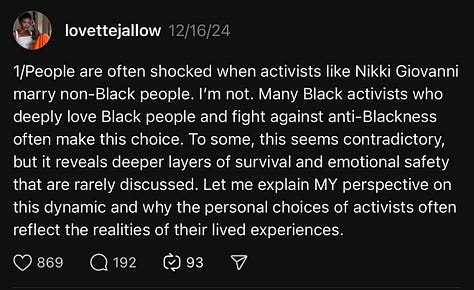
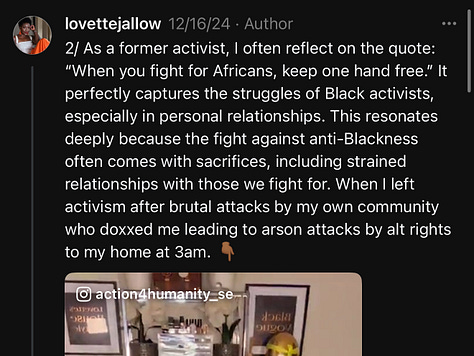
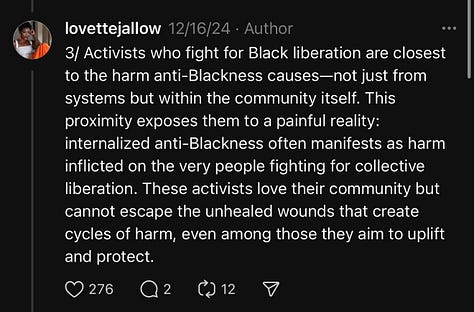
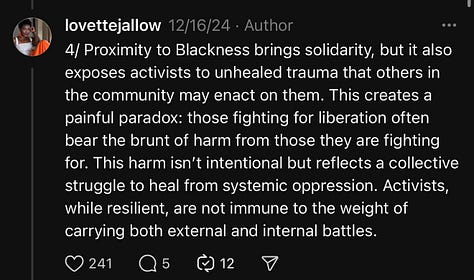
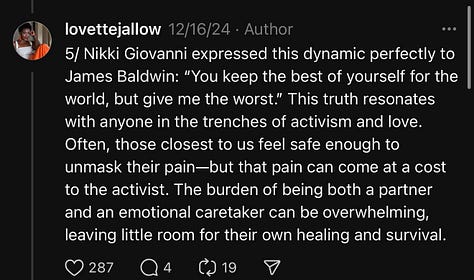
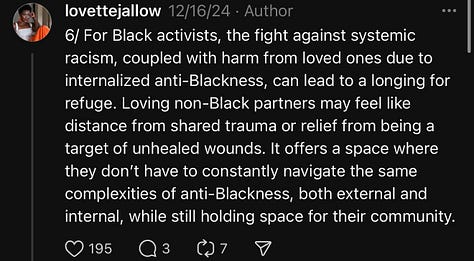
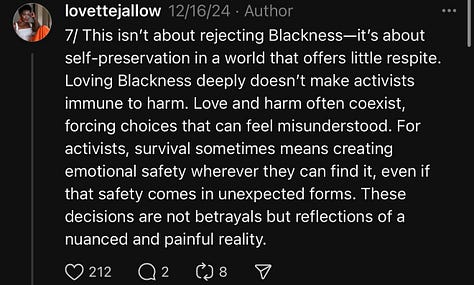
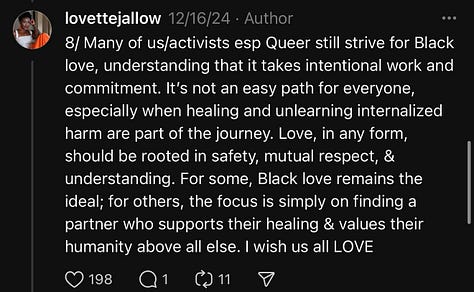
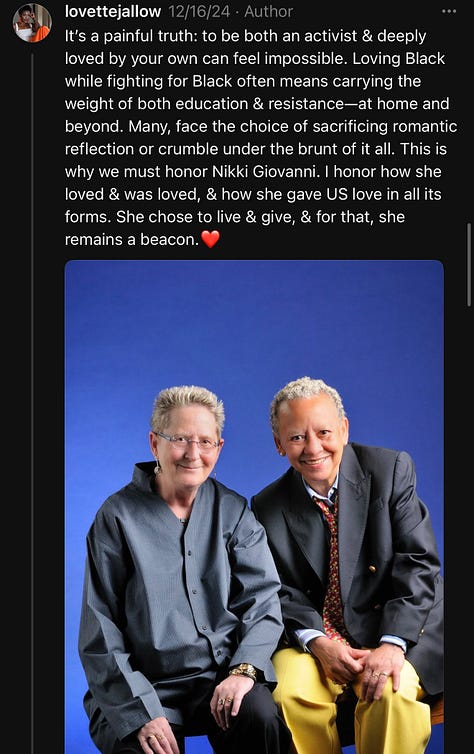
More Essays on Sweden’s Racism and Structural Gaslighting
You can find more of my essays exploring racism in Sweden, setting boundaries within oppressive systems, challenging institutional gaslighting, and reclaiming voice across personal, political, and historical landscapes.
To Book Me for Lectures, Keynotes, and Critical Conversations
I lecture internationally on subjects including—but not limited to—Sweden’s structural racism, systemic gaslighting of survivors, African matriarchal governance, neurodivergence before colonial pathology, and intersectional justice.
If you’re an organization, institution, or collective ready to move beyond checkbox diversity and confront the systems protecting inequality—you can book me for lectures, keynotes, panels, or workshops here: https://lovettejallow.com/ | Lovette@Lovettejallow.com
Who is Lovette Jallow?
Lovette Jallow is one of Scandinavia’s most influential voices on systemic racism, intersectional justice, and human rights. A nine-time award-winning author, keynote speaker, lecturer, and humanitarian, she specializes in neurodiversity, workplace inclusion, and structural policy reform.
As one of the few Black, queer, autistic, ADHD, and Muslim women working at the intersection of human rights, systemic accountability, and corporate transformation, Lovette brings an unmatched perspective rooted in both lived experience and professional expertise. Her work bridges the gap between theory, research, and action, helping organizations move beyond performative diversity efforts toward sustainable, structural change.
She has worked across Sweden, The Gambia, Libya, and Lebanon, tackling institutional racism, legal discrimination, and refugee protection. Her expertise has been sought by global publications like The New York Times, on high-profile legal cases, and by international humanitarian organizations, where she has provided critical insights on racial justice, policy reform, and equity-driven leadership.
Follow Lovette Jallow – DEIB Strategist, Keynote Speaker & Humanitarian:
Website: lovettejallow.com
LinkedIn: linkedin.com/in/lovettejallow
Instagram: instagram.com/lovettejallow
YouTube: youtube.com/@jallowlovette
Twitter/X: twitter.com/lovettejallow





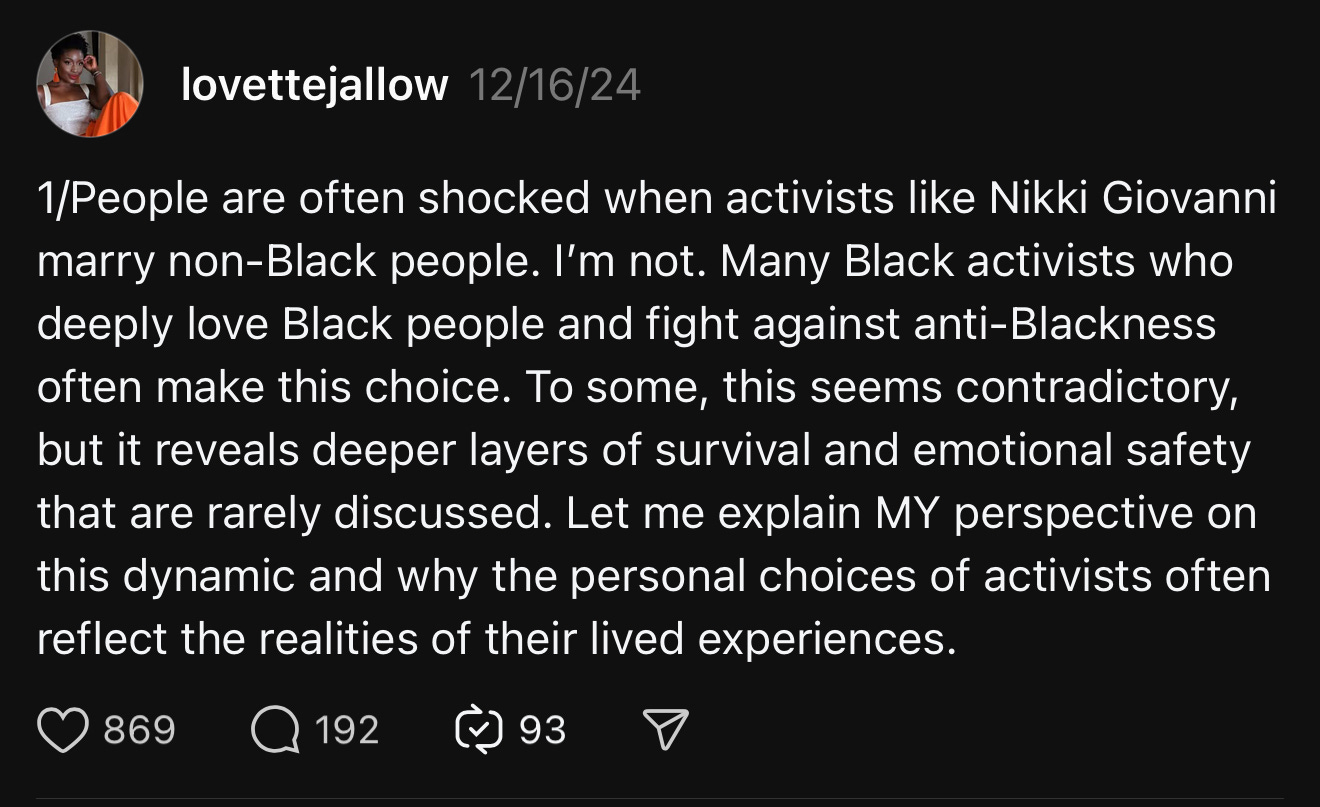

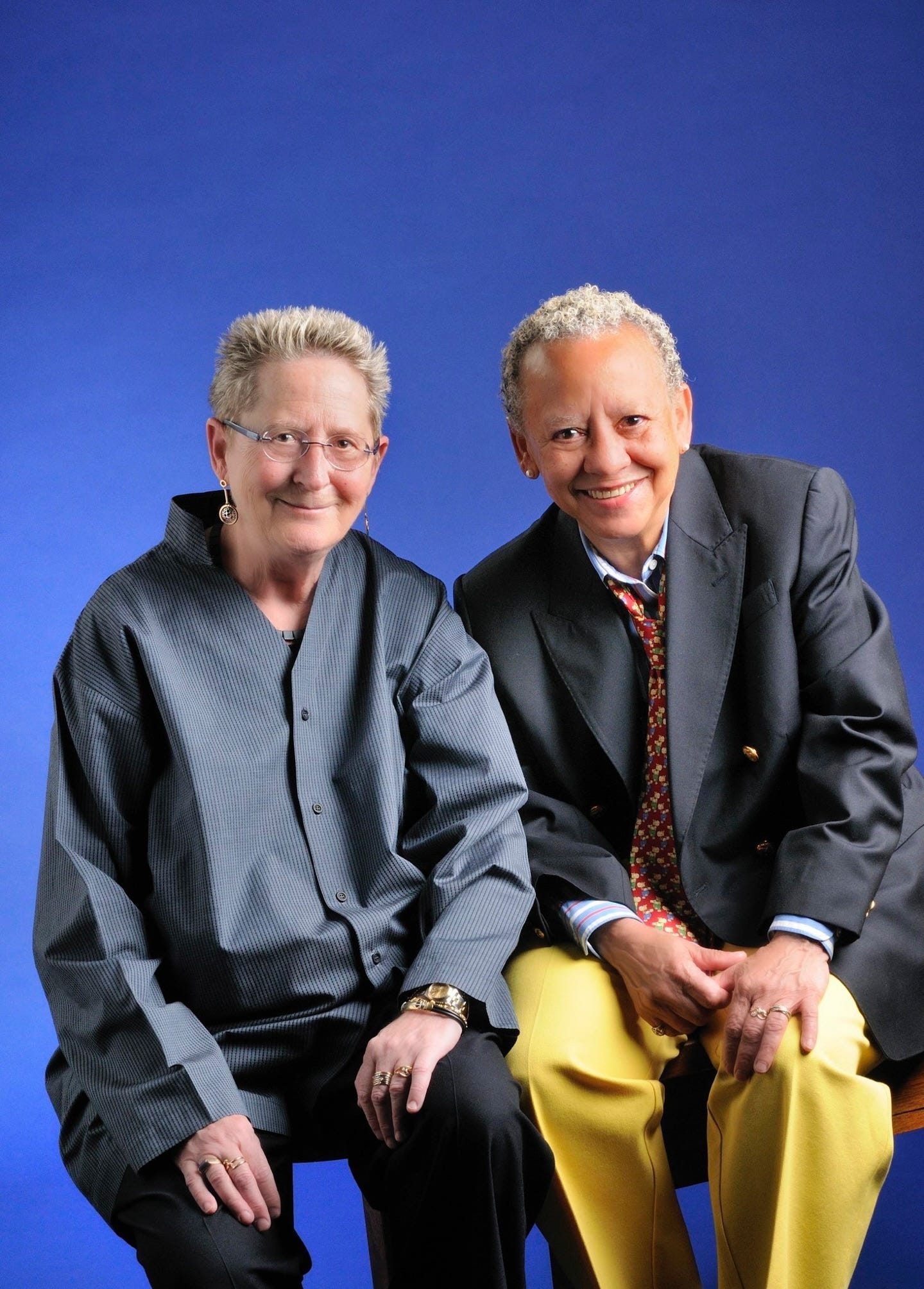
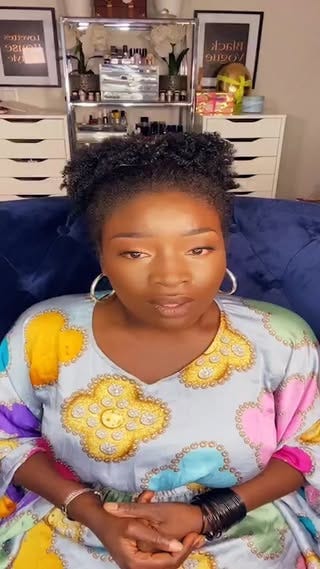



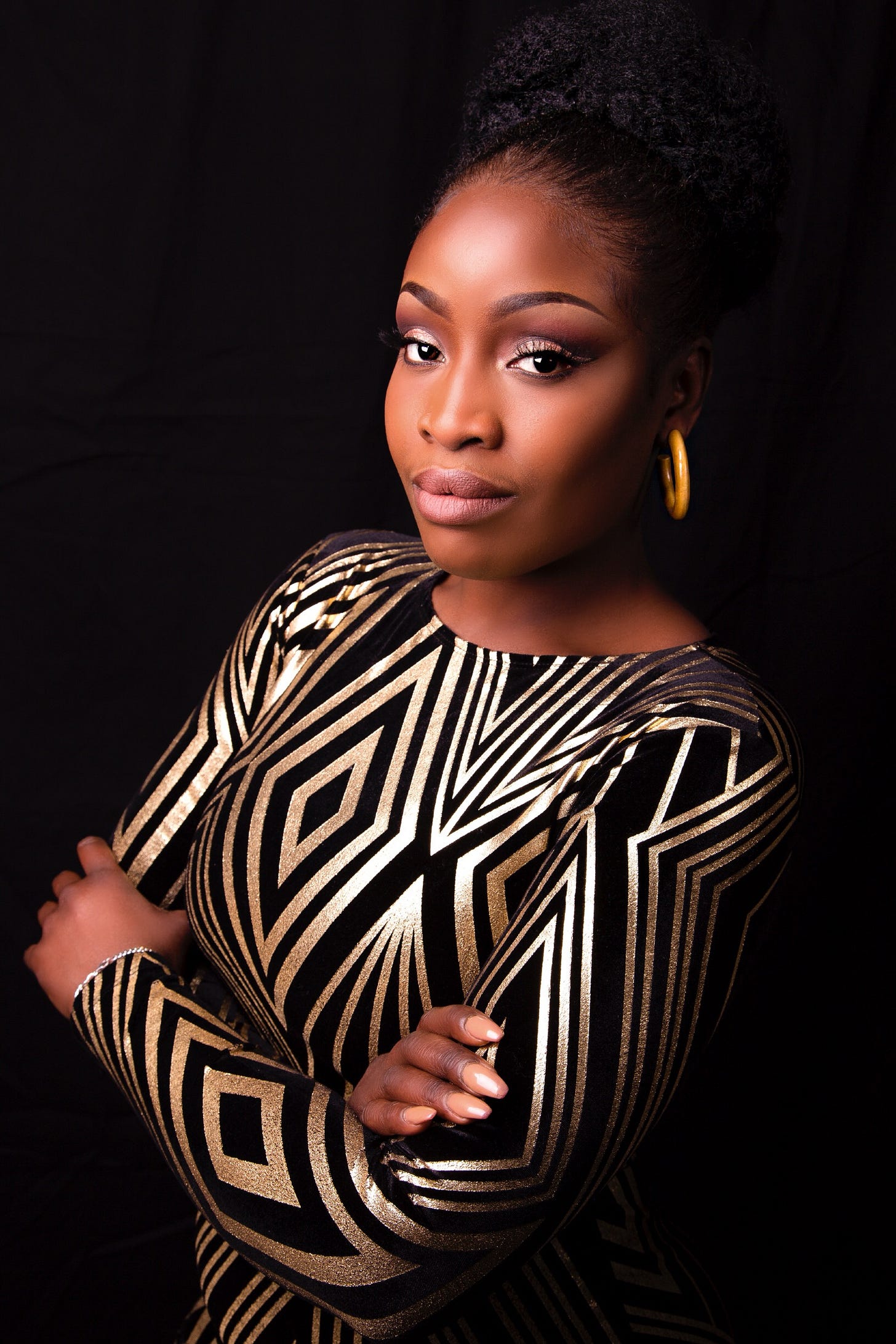
This essay is not based on abstraction or external commentary.
It draws from several sources: my lived experience, my long-standing relationships and conversations with Black activists who entrusted me with their realities, and my own analysis as someone who has moved through these dynamics personally and collectively.
I clarify this at the very beginning of the piece I write from what I have witnessed, lived, documented, and been invited into, not from theoretical distance. This is why the lens is intentionally specific, and why it centers the emotional weight Black activists uniquely navigate when survival, love, and community are intertwined.
Readers who approach the work carefully will see that I am honoring complexity, not reducing it.
I stand with my fellow activists including those whose choices differ from mine in love, strategies, and survival tactics look different from one another because survival and love are not monolithic.
This was such a powerful read. I didn’t think I was going to watch the entire insta reel but I was captivated. I also wanted to go back to that time and give you a hug and fight on your behalf.
What pulled on me most was the proximity to whiteness b/c I grapple with this as I have, in this part of my life, been blessed with several white friends who provide support and allyship I didn’t know was possible. And at times, I have questioned my ‘blackness’ b/c of it. Some of this is old wounds from childhood where I was told ‘I talk white’ or b/c my friend groups were diverse ‘I act white’. But I love black people deeply and find so much joy in our shared experiences at times.
I also have experienced that many times they don’t let you rest in your healing b/c they aren’t healed. For all the work I have left to do here I cannot afford to be vexed 24/7/365. I so love the framing of this as expansive love.